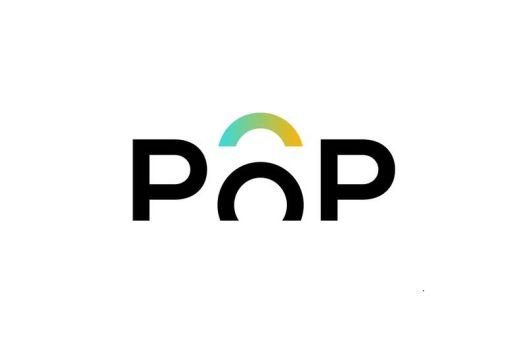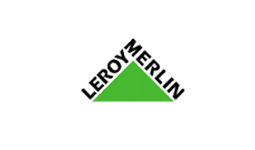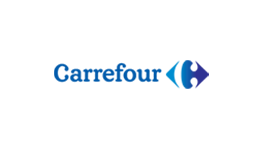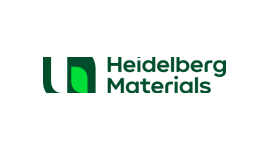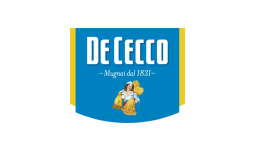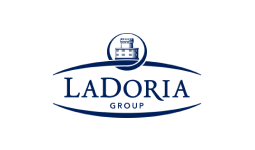Mandatory Electronic Invoicing in Latvia
Learn how to get your company ready to exchange documents in accordance with Latvia requirements with the support of Comarch
Learn how to get your company ready to exchange documents in accordance with Latvia requirements with the support of Comarch

The first Latvian e-invoicing initiative (eInvoices Connecting Europe Facility (CEF) Project Latvia) was implemented from February 2019 to March 2020. It achieved the objective of developing an e-invoicing solution for Latvia's compliance with EU Directive 2014/55/EU. The e-invoicing solution was based on the existing Latvian national Secure Electronic Delivery Platform (eAddress). eAddress is an environment for electronic communication and handling of documents for secure and reliable use between public entities and private individuals and its use by the public administration in Latvia is mandated by law. The public contracting authorities can receive eInvoice through e-mail, using service provider solutions sold on the market, or through the developed central platform eAddress.
Through authentication on www.latvija.gov.lv portal, citizens and entrepreneurs can access their eAddress mailbox. In the case of an eAddress, the users will need an eID card, eParaksts, or eParaksts Mobile (a mobile app to be identified without an eID card but just as securely) to prove identities.

The completion of the CEF Project has enabled the development and deployment of the following components of the e-invoicing solution:
B2G e-invoicing has been mandatory for central and sub-central/local authorities for all contracting authorities since April 2020.
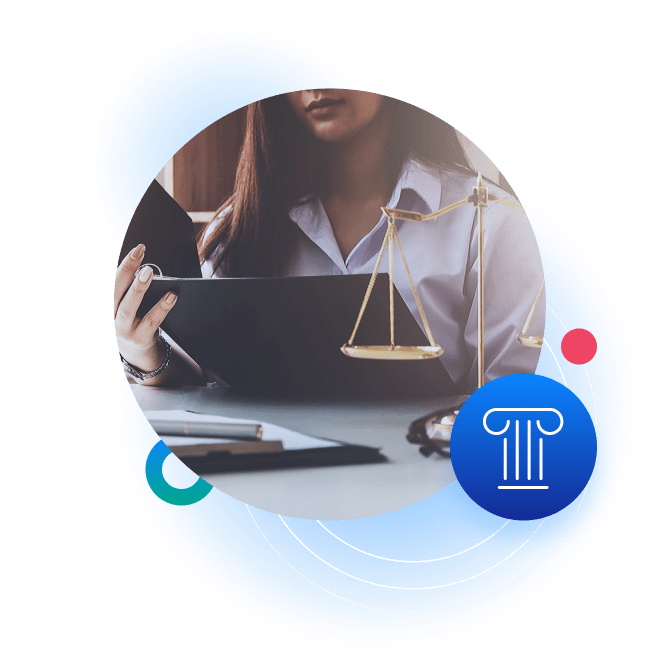
In Latvia, a centralized government integration platform (ePakalpojumi.lv) is operated by the State Regional Development Agency under the supervision of the Ministry of Regional Development and Environment Protection, which acts as the main government body for information technology matters.
When providing goods and services to municipalities, economic operators can submit e-invoices through individual municipality websites via the municipality portal.
The authorization and submission processes are the same whether one uses the central government platform or the websites of municipalities.
In the first half of 2024, the Latvian Ministry of Finance proposed amendments to the Accounting Law aiming at introducing a national e-invoicing mandate.
The prospective amendments can be accessed here.
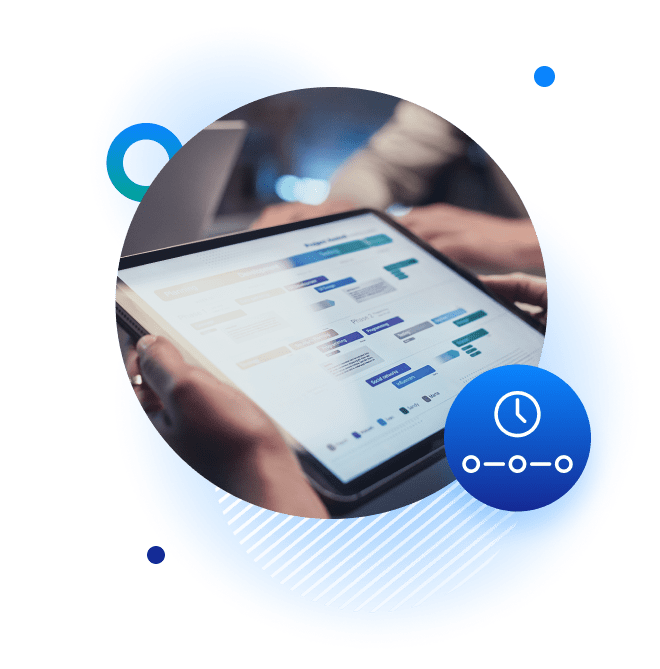
On June 5, 2025, the Budget and Finance (Tax) Committee denied the proposed draft law, Amendments to the Accounting Law No. 927/Lp14, which aspired to postpone the B2B e-invoice mandate to January 1, 2027. Instead, a new draft law, Amendments to the Accounting Law No. 967/Lp14, was introduced to the Parliament (Saeima) and was passed into law on the same day during the final legislative session.
The draft regulation recommended the following deadlines for the mandates:
All invoice data will be collected via a centralized platform designed for use by both government agencies and private sector entities.
Further details regarding the specific architecture of the system are expected to be specified in the near future.
At present, there are no plans to introduce mandatory B2C electronic invoicing.

There is an obligation to archive received invoices for 5 years with regard to goods and services invoices and for 10 years with regard to real-estate invoices from the end of the tax year in which they were received. No rules specifiying archiving format.

Comarch already acts as a Peppol Acces Point (AP) and Service Metadata Publisher (SMP) throughout Europe, allowing invoice exchange on a voluntary basis. We are monitoring any legal changes and will adapt accordingly.

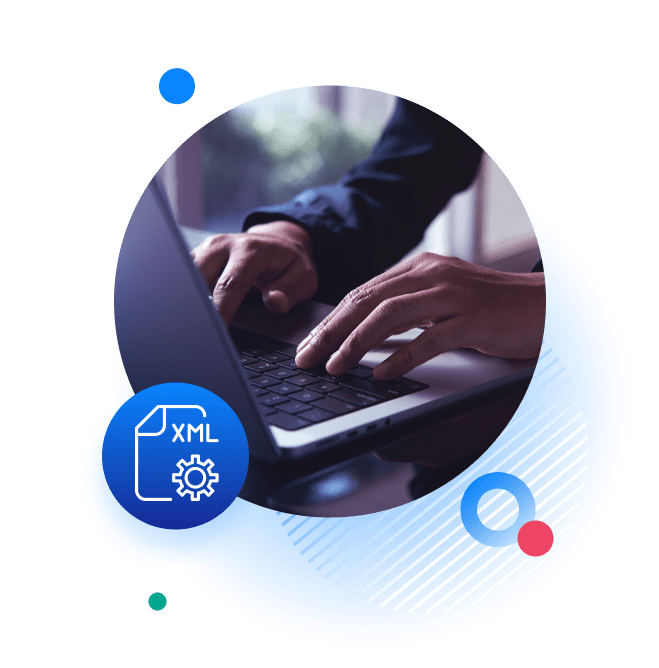

We have 20+ years of experience in carrying out various EDI, e-invoicing, and other document exchange projects around the world. In those years, we have successfully connected more than 130,000 entities from over 60 countries.
Full compliance with the latest data exchange regulations and modern data transfer standards
Applying new technologies and IT solutions in order to streamline workflows and automate activities and procedures
Tailor-made solutions based on processes specific to each company – own road map and a suitable pace of changes
Highest level of security for all sensitive and important company data
If your company is based or has branches in the Latvia and you need to prepare your billing and tax systems to comply with the new requirements. Click on the button below to get in touch with one of our experts.
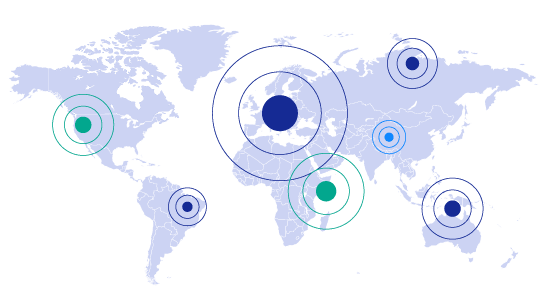
Make sure your business meets international standards with the Comarch e-Invoicing platform, trusted in more than 60 countries. Enjoy hassle-free integration and continuous compliance updates.
